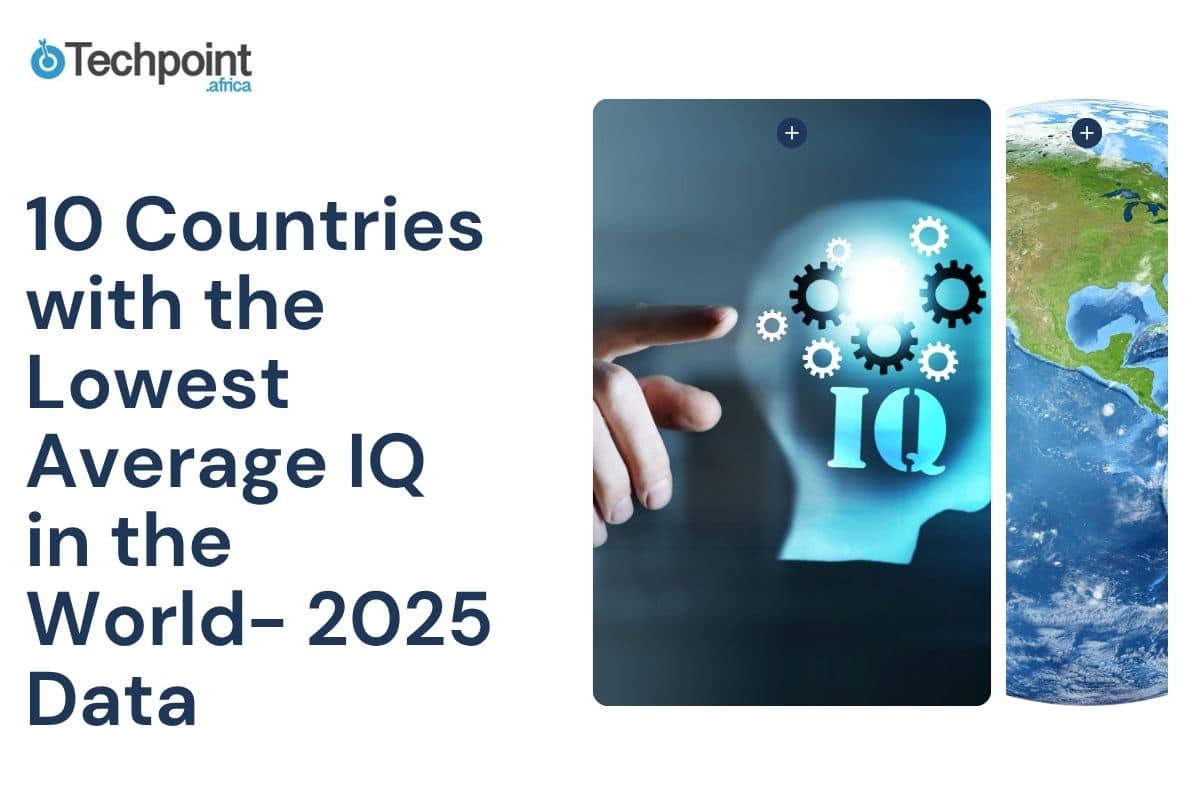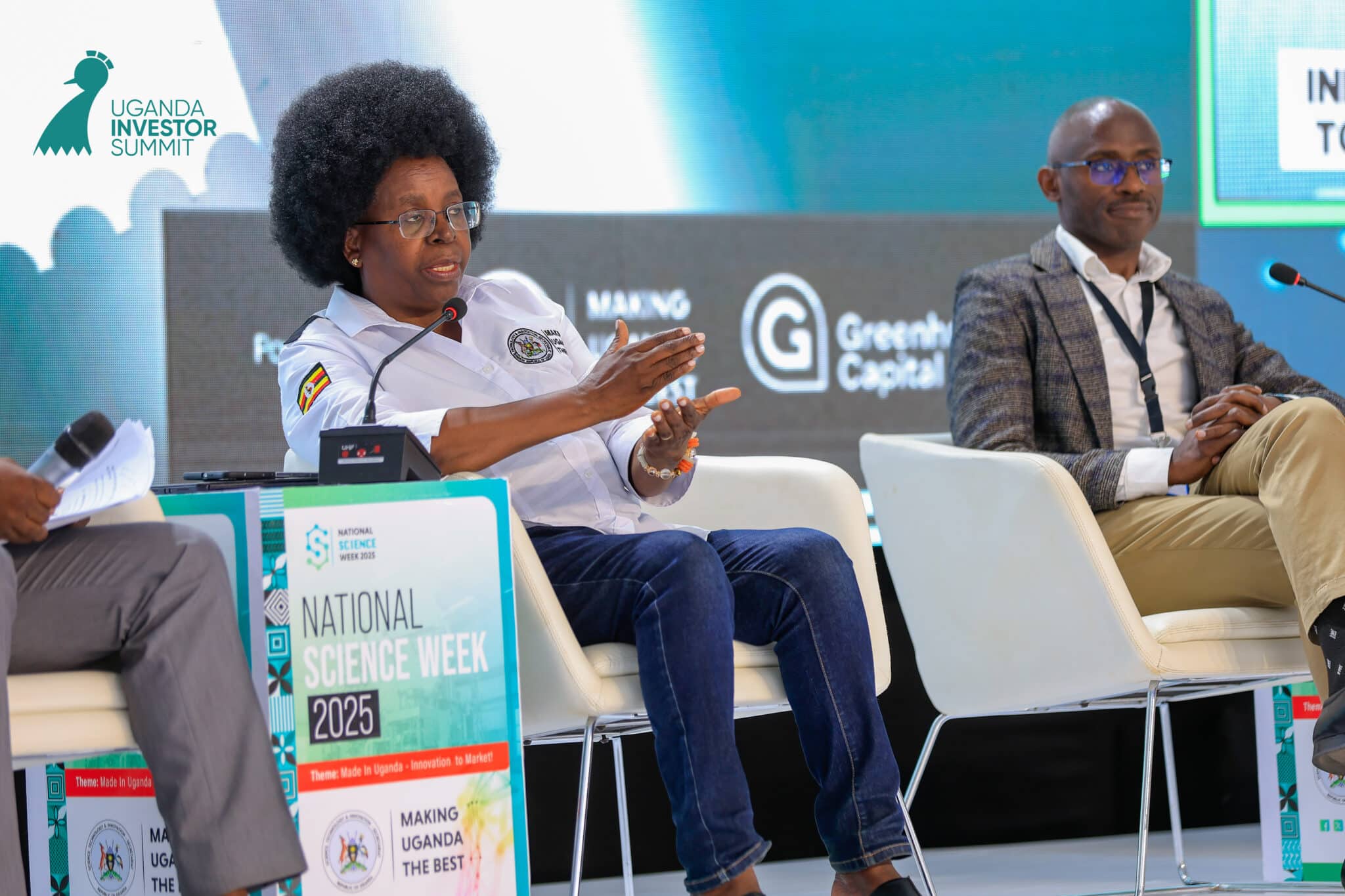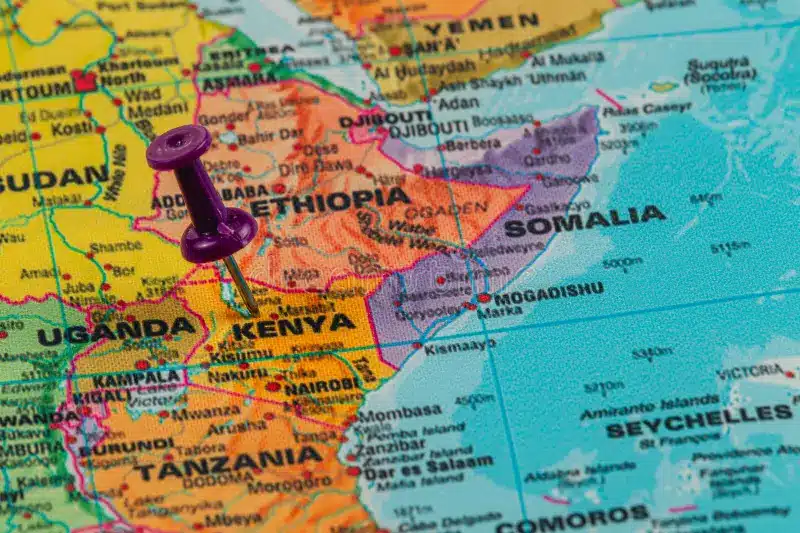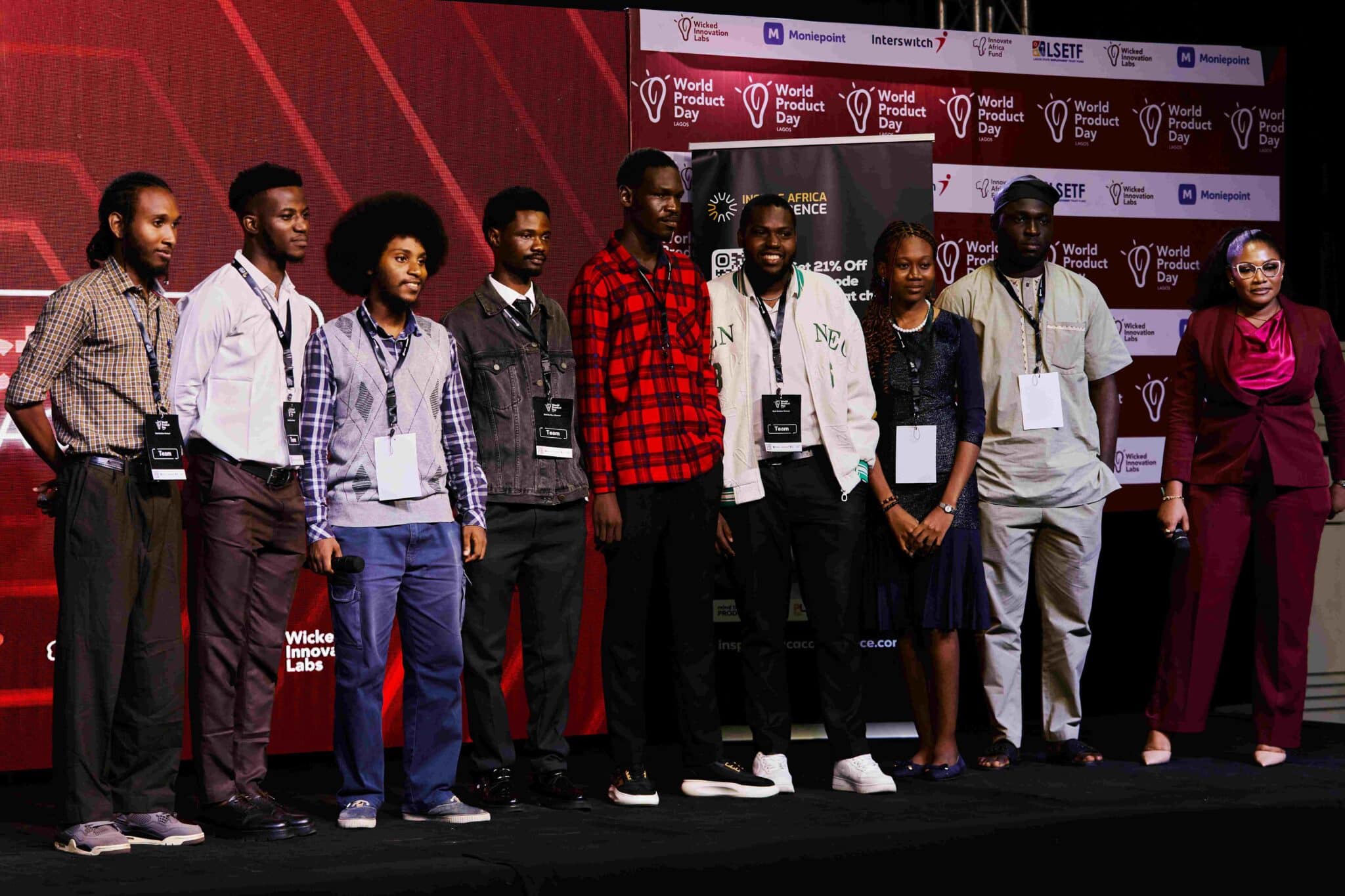Attracting long-term investments in Africa remains one of the continent’s greatest challenges. Despite its immense potential, Africa is often perceived as a high-risk investment destination.
Persistent issues like underdeveloped infrastructure, limited access to capital, political instability, and governance challenges cast a shadow over Africa’s economic prospects. In response, entrepreneurs and investors frequently advocate for patient capital.
But according to Efosa Ojomo, Director, Global Prosperity at the Clayton Christensen Institute, demands for patient capital must be accompanied by detailed insights for decision makers. Ojomo was speaking on the sidelines of the just concluded Africa Prosperity Summit.
“One of the things we must start to do is talk with a lot more intelligence and insights. If I want you to invest in a new company I’m building that will provide access to affordable housing for the average Nigerian, I need to be able to come to you and say, ‘This is going to take five years; here’s why,’ and I lay out good reasons why it would take five years,” he shared.
Data-driven pitches not only show thoughtfulness but provide potential investors with insights they can use to advocate for long-term investments in Africa.
Access to accurate and timely data is notoriously difficult to come by in most African countries, but entrepreneurs can get them by looking at regions with similar demographics and regulatory complexities or conducting primary research in the countries where they plan to operate.
Making Africa’s youth a goldmine
Africa’s youth population is often described as its greatest asset. With 70% of sub-Saharan Africa under 30, the continent is home to one of the youngest and fastest-growing populations globally. This presents both an unparalleled opportunity for economic growth and a potential crisis if left unaddressed.
Only 15% of Africans aged 15-35 are in wage employment, according to the African Development Bank. A third are unemployed, and another third are vulnerably employed. Worse still, only 3.1 million jobs are created each year, a sharp contrast to the over ten million youth who enter the workforce annually.
This employment deficit is often framed as one that could have repercussions for not just Africa but the rest of the world, a view Ojomo disagrees with.
“I don’t think it’s that bad for the world. We say it is, but there’s this thing around Africa called oceans. More Africans are going to try to migrate, but it’s hard. I don’t know that there’s going to be that urgency from the world; the urgency needs to come from Africans.”
Education that fits Africa’s needs
One of the most significant hurdles in transforming Africa’s youth potential lies in its education systems.
Traditional models of education, which focus on primary and secondary schooling, have long-term benefits but fail to meet the immediate needs of the job market. Furthermore, the inability to create sufficient jobs for those who have acquired education makes it a hard sell for many young people.
However, Ojomo argues that while traditional education has its place, a good alternative would be providing young people with skills that can be acquired within a short time and can get them jobs faster.
This model is already playing out in the tech education space, with companies like Andela, Decagon, and AltSchool Africa offering young Africans a fast-track into the workforce and often into well-paying roles.
But more needs to be done. Apprenticeships are quite common in the informal sector, with graduates often getting employed afterwards.
But there’s no standardisation, with apprentices having differing outcomes even when trained by the same individual. Standardising this process and adopting it for industries that don’t necessarily require a college education could be a game-changer for Africa.
“If I had a lot of money to invest in education, I would invest it in a way that took young people, scaled them up in something that they could add value to tomorrow, and I would let other people do the primary and secondary education.”
Building ecosystems for the tech industry
The term “ecosystem” is frequently used in conversations about African startups, and Ojomo argues that it is often used without an accurate appreciation of its meaning. An ecosystem is goal-oriented. It brings together multiple parties, each working towards a shared goal.
“Think about a symphony. There’s a choir or orchestra, and you’ve got a guy on the piano, guitar, drums, and cello — they’re all playing different instruments, but they’re playing to the same tune.”
In contrast, imagine a room full of musicians playing their own tunes.
“That’s not an ecosystem. That is a bunch of people doing their own thing.”
One of Africa’s challenges in ecosystem building is the desire to replicate mature ecosystems without addressing local realities. These attempts often ignore the foundational work that went into building those ecosystems.
However, these ecosystems offer valuable insights for Africa. Silicon Valley, for example, was not initially looking to build a tech ecosystem. Rather, investments from the US Department of Defense created a need for innovative technology solutions that ultimately attracted venture capital and talent.
For Africa, Ojomo stressed the importance of starting small and focused.
“If I’m an entrepreneur, and I’m trying to build an ecosystem in Africa, I’m looking at my business and saying, ‘What are all the things I need to make sure this business flourishes?’ That is my ecosystem.”











